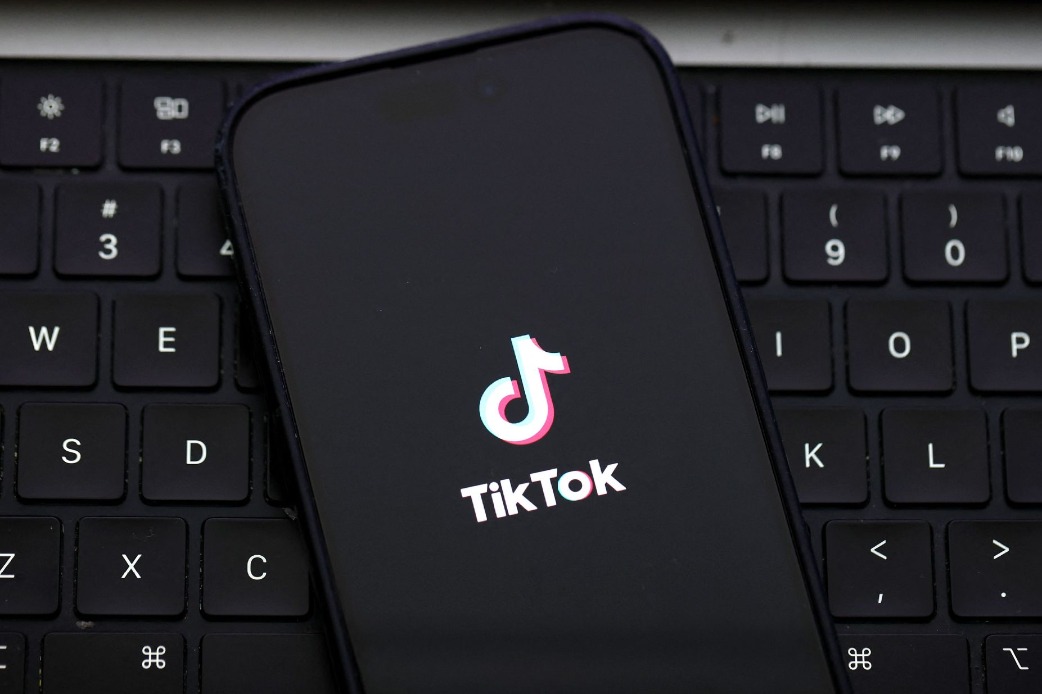Federal court upholds TikTok ban despite opposition

WASHINGTON — A US federal appeals court on Friday upheld a law mandating that ByteDance sell the widely used social media app TikTok or face a potential ban in the United States, despite widespread opposition.
A three-judge panel of the US Court of Appeals in Washington, DC, dismissed TikTok's claim that the ban is unconstitutional and infringes on the First Amendment rights of the 170 million people in the United States who use the app.
If ByteDance does not sell TikTok by Jan 19, the law will require Apple and Google to remove TikTok from their app stores, leading to a ban of the app.
"Unfortunately, the TikTok ban was conceived and pushed through based upon inaccurate, flawed and hypothetical information, resulting in outright censorship of the American people," TikTok said in a statement on X.
The company said on Friday that it would go to the US Supreme Court to fight the law.
"The Supreme Court has an established historical record of protecting Americans' right to free speech, and we expect they will do just that on this important constitutional issue."
In April, US President Joe Biden enacted the law, which only gave ByteDance 270 days to sell TikTok to a non-Chinese buyer, following concerns from lawmakers across both parties about TikTok's suspected ties to the Chinese government. In May, TikTok sued the US government to block the potential ban.
The TikTok ban, based on unfounded national security concerns due to its Chinese ownership, has drawn widespread criticism.
"For the first time I'm realizing that a lot of what I worked for could disappear," Chris Mowrey, a social media influencer with 470,000 TikTok followers, told Reuters.
"I don't think it's been talked about enough how damaging it will be from an economic standpoint for small businesses and creators."
Congressman Jim McGovern from Massachusetts is among those who voted against a TikTok ban in March. In a post on X earlier this year, he laid out four reasons: first, the bill was rushed; second, there are major free speech issues; third, it would hurt small businesses; fourth, "America should be doing way more to protect data privacy & combating misinformation online. Singling out one app isn't the answer".
Gary Clyde Hufbauer, a nonresident senior fellow at the Peterson Institute for International Economics, noted that National Security adviser Jake Sullivan previously promised that US restrictions on direct commerce with China would be confined to limiting the flow of advanced technologies with "a small yard and a high fence".
Unfortunately, the "small yard has since grown into a pasture with no discernable fence," he said.
Xinhua - Agencies
































